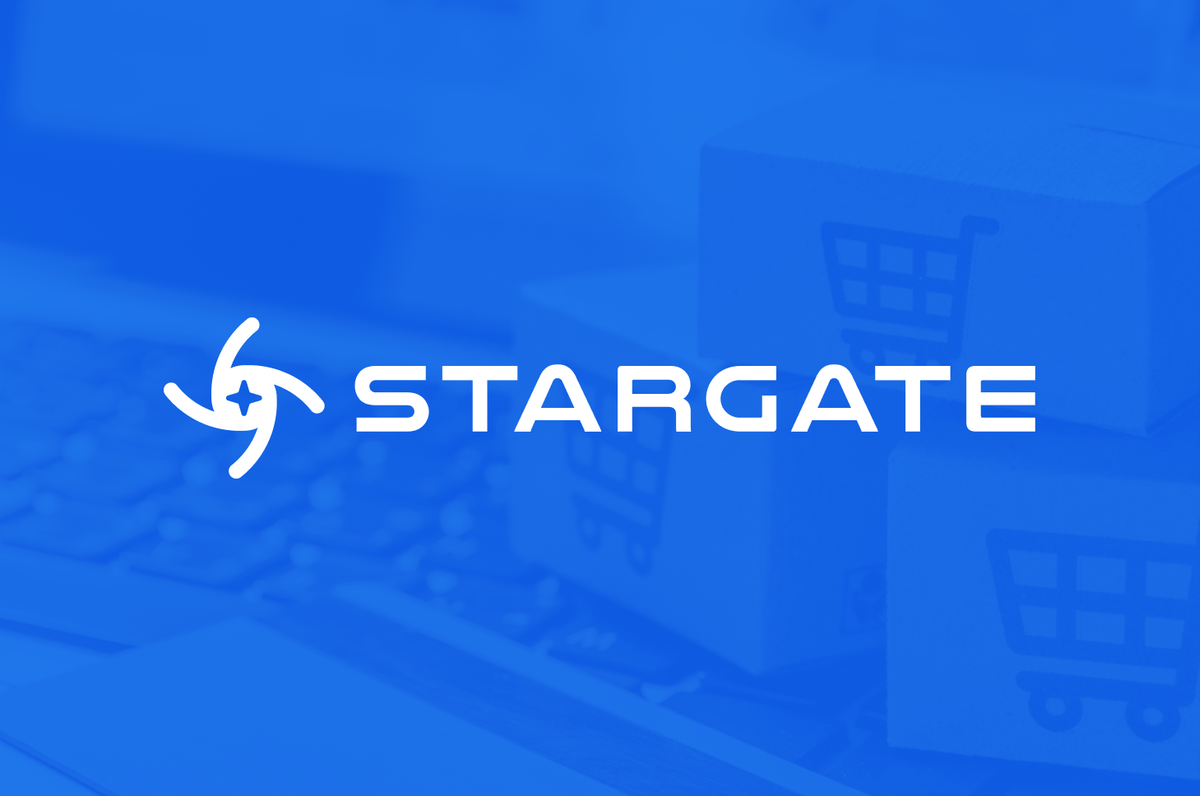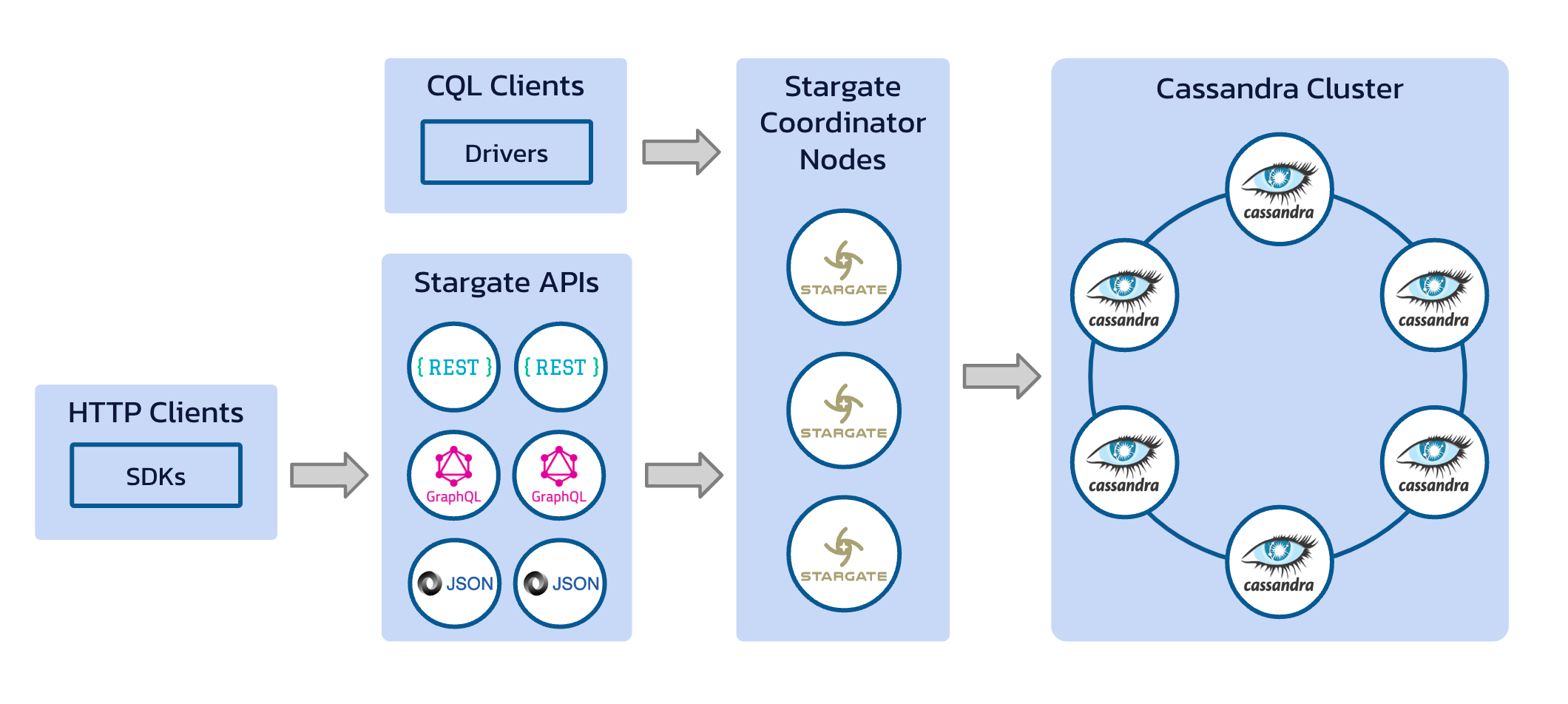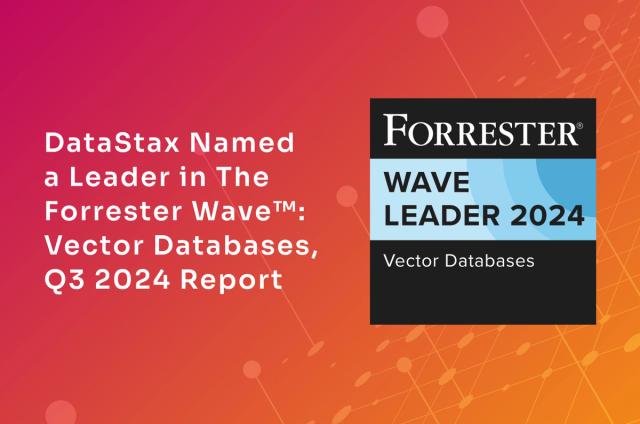Stargate comes to Google Cloud Marketplace for Apache Cassandra

Apache Cassandra users can now improve scalability, ease of development, and security for their clusters with Stargate.io on Google Kubernetes Engine (GKE) using the Google Cloud Marketplace!
DataStax is expanding integration with the major cloud providers, announcing a new way to get more value from your open source Apache Cassandra cluster(s). We are introducing a simple, guided experience to improve scalability, ease of development, and security for your Cassandra clusters. Try Stargate.io on GKE using the Google Cloud Marketplace today!
Stargate.io is a free service that will run as a GKE-managed service on Kubernetes under your existing Google account. This allows you to leverage Google committed spend and consolidate your bill with our Google Cloud services.
Stargate
Stargate is a data API gateway in the open source Apache Cassandra ecosystem. Dockerized deployment makes it easy to use alongside Cassandra, adding value to any Cassandra 3.x, Cassandra 4.x cluster by:
- Offering a document database as a secondary database model for Cassandra
- Independently deployable and scalable compute / storage with dedicated ‘coordinator’ nodes
- Independently deployable and scalable API services using Kubernetes-friendly Docker containers
- Automatically creating HTTP API endpoints that translate schema-first CQL into popular APIs
- Improving Cassandra’s basic SASL authentication with either table-based auth tokens or JWT
- Usage of HTTP tooling ecosystem (Postman, HTTPie, and more) with Cassandra
Upgrade your development team’s ability to access NoSQL data. Stargate allows the team to choose from a range of performance and productivity tradeoffs by using a variety of web APIs, including gRPC, JSON Document, GraphQL API and REST alongside native drivers and CQL. Go Driverless with Stargate!
Stargate v2’s high-performance gRPC implementation offers equivalent performance to native database drivers and handles much of the networking configuration, making it easier to use (and learn).
As Cassandra was designed for distributed environments from inception, so was Stargate. Today, Stargate’s build process regularly includes building Docker images as part of its regular Maven builds, and those images are used in local development for unit and integration testing.
Stargate deploys anywhere—bare metal, virtual machines, Docker Compose, K8ssandra.io, DataStax Enterprise—and is available as a managed service on DataStax Astra DB, the industry’s only serverless, autoscaling database-as-a-service built on Cassandra.
Non-invasive performance upgrade for your cluster(s)
Stargate deploys independently from your Cassandra cluster, working seamlessly to improve scalability for both driver and API connections. Stargate uses dedicated node types for data storage, query coordination, and API services.

Diagram illustrating how Stargate modularizes Cassandra clusters for performance
This means that storage, native driver/gRPC query coordination, and web API service nodes are independently deployable and scalable by operations. Ops can locate workloads on the most optimal hardware and/or scale just what’s bottlenecked—not the whole cluster—to improve performance.
Serverless Google Cloud Functions and Stargate
Stargate offers the same benefits for Google Cloud Functions developers: API access can make working with persistent storage for your serverless functions simpler and easier. With Stargate’s high-performance gRPC implementation, you can achieve native-driver-level performance over HTTP/2—ideal for cloud function integration. Of course, REST, GraphQL, and the JSON Document API are also great options depending on your use case.
You can learn more about working with Google Cloud Functions and Stargate as a managed service on Awesome Astra.
Alternately, you can see it in action in this 5-minute demonstration here:
Stargate in action in this Google Cloud Function demo
Why upgrade Cassandra with Stargate?
With Stargate, you can integrate applications, services, and functions to Cassandra over both HTTP APIs and Drivers. Run new workloads and new application types on the same fast, reliable, and scalable Cassandra foundation in the cloud!
Developers
- Easily integrate apps, services, and serverless functions to Cassandra over HTTPS.
- Get Document DB capabilities for Cassandra without having to use another DBMS.
- Stargate offers a drop-in Cassandra auth upgrade using auth tokens and Keycloak.
Operations
- Stargate is CI/CD friendly and works with any self-managed, hosted or managed service.
- Scale storage and query traffic independently to improve performance and optimize resource utilization.
- Scale API service nodes independently based on your application usage.
Ecosystem
- Stargate is adaptable to the web APIs and data serialization formats your organization needs.
- Community support for ecosystem developers.
- Cassandra is adaptable to the requirements of your organization and project needs.
What’s next?
Stargate is available as a binary ZIP for bare metal or virtual machine installations, as well as Docker images. This opens up possible marketplace integration methods for Google Cloud Compute Engine, and possibly other Google services that are container-centric.
Join the Stargate Discord and let us know what you’d like to see in the future!



